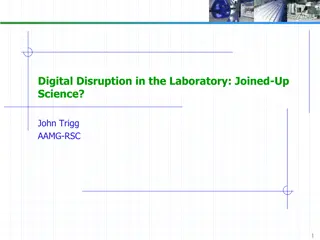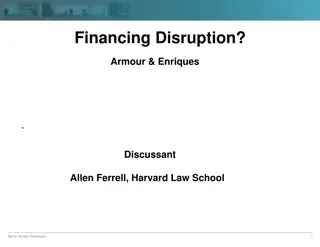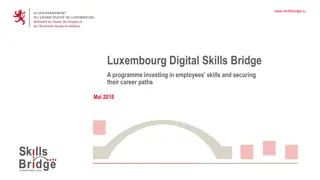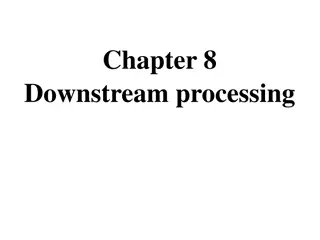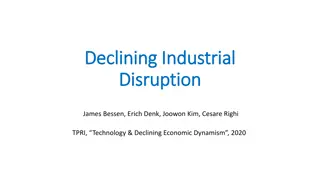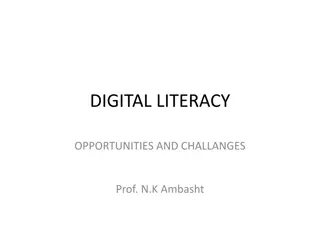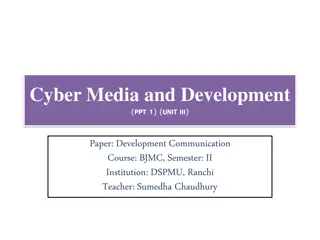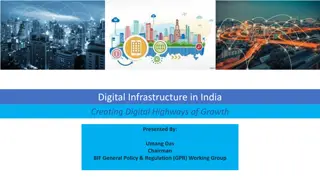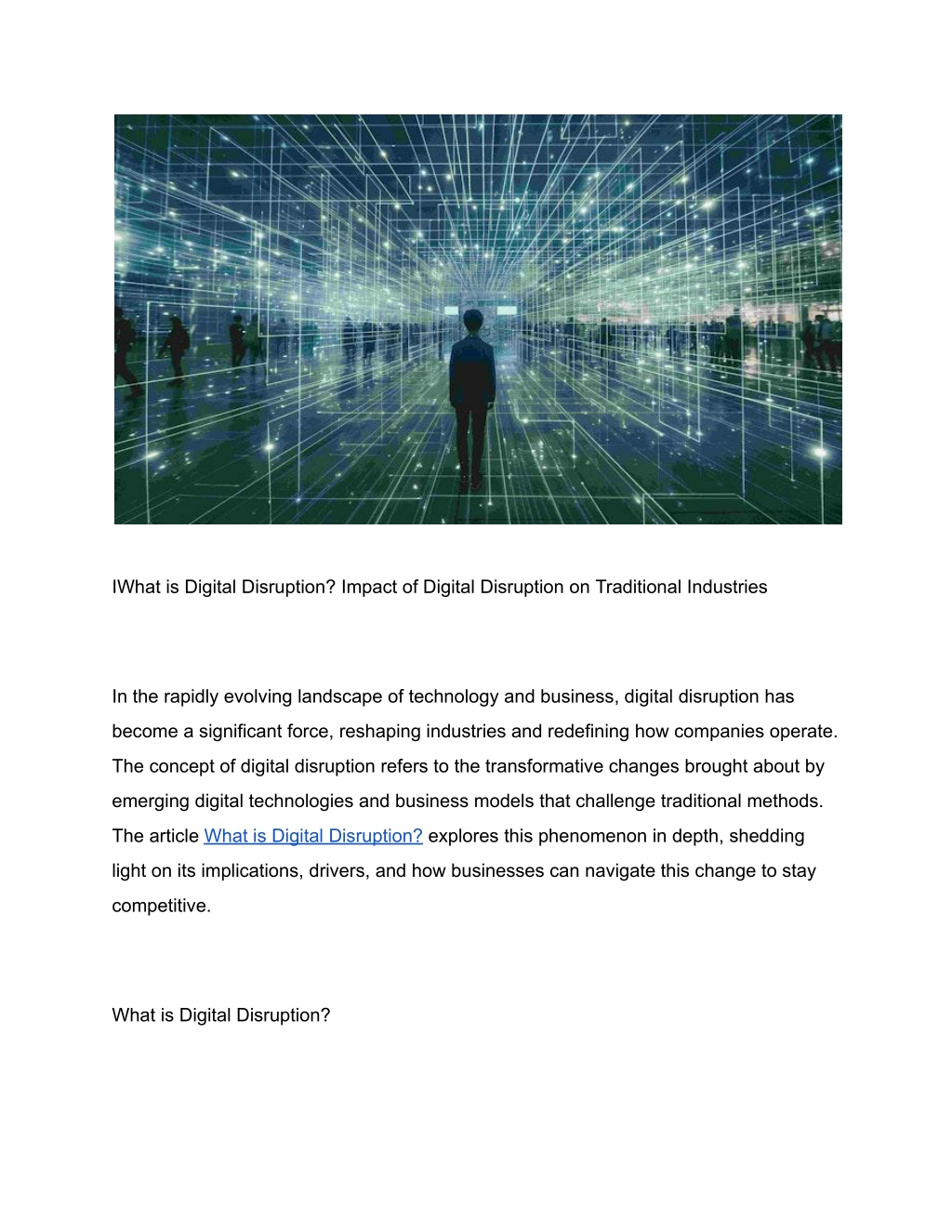
IWhat is Digital Disruption? Impact of Digital Disruption on Traditional Industr
In the rapidly evolving landscape of technology and business, digital disruption has become a significant force, reshaping industries and redefining how companies operate. The concept of digital disruption refers to the transformative changes brought
Download Presentation

Please find below an Image/Link to download the presentation.
The content on the website is provided AS IS for your information and personal use only. It may not be sold, licensed, or shared on other websites without obtaining consent from the author. Download presentation by click this link. If you encounter any issues during the download, it is possible that the publisher has removed the file from their server.
E N D
Presentation Transcript
IWhat is Digital Disruption? Impact of Digital Disruption on Traditional Industries In the rapidly evolving landscape of technology and business, digital disruption has become a significant force, reshaping industries and redefining how companies operate. The concept of digital disruption refers to the transformative changes brought about by emerging digital technologies and business models that challenge traditional methods. The article What is Digital Disruption? explores this phenomenon in depth, shedding light on its implications, drivers, and how businesses can navigate this change to stay competitive. What is Digital Disruption?
Digital disruption occurs when new digital technologies and business models cause a substantial shift in a market or industry. These disruptions often challenge the status quo, leading to the decline or obsolescence of established companies and products. The rise of digital platforms, cloud computing, artificial intelligence, and big data are just a few examples of technologies that are driving this disruption across various sectors. The article emphasizes that digital disruption is not merely about adopting new technologies; it's about understanding how these technologies can fundamentally change the value proposition of a business. Companies that fail to adapt to these changes risk being left behind, while those that embrace digital disruption can gain a significant competitive advantage. Drivers of Digital Disruption Several key drivers contribute to digital disruption, each playing a critical role in how industries are transformed: Technological Advancements: The rapid development of technologies like artificial intelligence, blockchain, and the Internet of Things (IoT) has enabled new business models and processes that were previously unimaginable. The article highlights how these technologies are creating
opportunities for innovation while simultaneously rendering traditional approaches obsolete. Changing Consumer Behavior: As consumers become more tech-savvy, their expectations and behaviors evolve. The article points out that modern consumers demand more personalized, convenient, and efficient services, pushing companies to innovate or risk losing market share. The rise of e-commerce, mobile apps, and digital content consumption are prime examples of how consumer behavior drives digital disruption. New Business Models: The emergence of digital-native companies that operate on entirely new business models has disrupted traditional industries. The article discusses how companies like Uber, Airbnb, and Netflix have leveraged digital platforms to create value in ways that were previously inconceivable. These companies have not only disrupted existing markets but have also set new standards for customer experience and operational efficiency. Globalization:
The interconnectedness of the global economy, facilitated by digital technologies, has accelerated the pace of disruption. The article explores how businesses are no longer confined by geographical boundaries, allowing them to reach global markets and compete on a larger scale. This globalization also means that companies must be more agile and responsive to changes in the global market.Impact of Digital Disruption on Industries Digital disruption affects every industry differently, but its impact is universal. The article What is Digital Disruption? delves into how various sectors are being transformed: Retail: The shift towards e-commerce has disrupted traditional brick-and-mortar stores, forcing retailers to adopt omnichannel strategies to meet the demands of online shoppers. Finance: Fintech companies have revolutionized financial services by offering digital payment solutions, peer-to-peer lending, and blockchain-based transactions, challenging established banks. Healthcare: Digital health technologies, such as telemedicine, wearable devices, and electronic health records, are changing how healthcare is delivered and managed, improving patient outcomes and operational efficiency.
Media and Entertainment: The rise of streaming services and digital content platforms has disrupted traditional media, leading to a decline in cable TV subscriptions and a shift towards on-demand, personalized content consumption. Navigating Digital Disruption To thrive in an era of digital disruption, businesses must adopt a proactive approach. The article suggests several strategies for companies to stay competitive: Embrace Innovation: Companies should foster a culture of innovation that encourages experimentation with new technologies and business models. This involves investing in research and development and being open to change. Customer-Centric Approach: Understanding and anticipating customer needs is crucial. Companies should leverage data analytics to gain insights into customer behavior and tailor their offerings accordingly.
Agility and Adaptability: In a rapidly changing environment, agility is key. Businesses must be able to pivot quickly in response to market shifts and emerging trends. This may involve restructuring operations, adopting new technologies, or exploring new markets. Collaboration and Partnerships: Collaborating with startups, tech companies, and other industry players can provide access to new technologies and expertise. Partnerships can also help companies navigate disruption by combining strengths and resources. In conclusion, the article What is Digital Disruption? provides a comprehensive overview of the forces driving digital disruption and its impact on various industries. As digital technologies continue to evolve, businesses that understand and embrace disruption will be better positioned to thrive in the future. By adopting innovative strategies and staying attuned to changing market dynamics, companies can not only survive but also lead in this new digital era.


